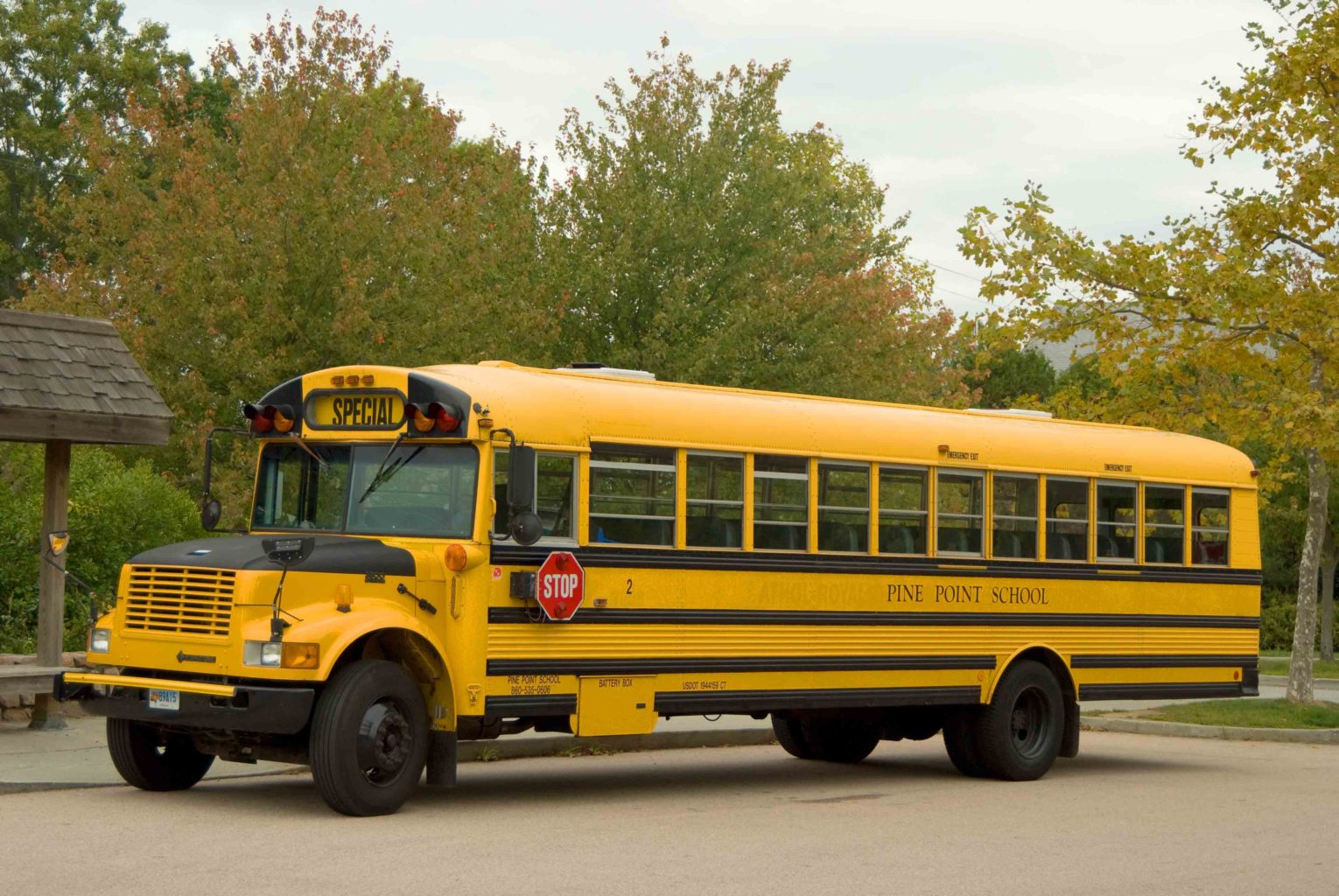Returning to England: ‘culture shock’ isn’t just a one-way street
[dropcap]F[/dropcap]or two countries that share the same language, the US and the UK are remarkably different. I experienced a lot of culture shock during my time in the American Deep South as part of a year abroad for my degree. Very generous tipping for nearly every service imaginable took some getting used to, as did toilet cubicles with disturbingly large gaps between the doors and their frames. I had prepared myself to have to adapt to a lot of new things, and it worked out just fine: I had the time of my life! What I hadn’t expected was that once I moved back to the UK, I would experience a kind of reverse culture shock.
By this I mean that things I once took to be normal and acceptable, I now consider strange and in need of change. Granted, there are things I won’t miss about life in America. I found the ethics underpinning the US healthcare system deeply worrying, and the cost of university over there is absurd, but America was a gracious host to me, and there are two main things I wish the UK would learn from its neighbour across the pond.
Sportiness
On average, America is worryingly obese and the UK is following in its slow, plodding footsteps on that front. But whilst the average American’s waistband leaves little to be desired, American college students are a different species entirely. The majority of my classmates had played competitive sports for a chunk of their lives, and at college it seemed as though most people worked out regularly. The standard outfit at my host university was athletic-wear, adapted to the seasons, and the gym on campus was rammed for several hours of the day, every day. Perhaps all the physical activity is to offset typically poor nutrition, or perhaps it’s something to do with America’s competitive spirit.
Whatever it was, I found that unlike back home, staying active was the norm. I spent a fair amount of my time socialising through playing sports or getting outside to go hiking, climbing or running. The ‘Turkey Trot’ is a fun-run held every Thanksgiving Day in places all over America; the thought of the British public getting out of bed at 7am on Christmas morning to go for a run is ludicrous.
I never expected that living in America would make me healthier, and I wish that more young people in the UK would make the most of their youth by incorporating physical activity into their daily lives. It means that the occasional cream tea can be enjoyed guilt-free for many more years of our lives. And really, who doesn’t want that?
Self-deprecation: a blessing and a curse
I love the British sense of humour. It’s dry, clever and disparaging. I felt a rush of patriotism when I was sat in a cinema and I heard Americans crack up at the understated wit of a Richard Curtis “rom-com”. Our humour is often fuelled by a kind of dourness and self-deprecation that has come to be seen as distinctly British.
It’s great in small doses; the ability to laugh at oneself is healthy and attractive in a person. I’ve begun to think, though, that perhaps we do it too much. It’s only since living in America that I’ve realised I have been guilty of psyching myself out of things in the past; I focused on the possibility of failure, and by not even trying I guaranteed failure. I don’t believe in the “American Dream” mentality that anything is possible if one works hard enough. I suspect that the drive to succeed over there is often fuelled in large part by a fear of financial failure in a country with such a weak welfare state. Sometimes, America is too self-admiring. There is simultaneously a glorification of the “self” as possessing limitless potential, and a glorification of the American people as some kind of gift to the rest of the world. But if we could only harness a little bit of their go-get-’em attitude, I think we’d be pleasantly surprised at what we could achieve.
My time in America has affirmed my love of many things in British life. Public transport. Pubs. The NHS. Tea (in the American South, they have black tea over ice with an alarming amount of sugar – it’s all kinds of wrong). But it’s too easy to lambast the US without stopping to consider that maybe they’re doing some things right. Not tea, though. We’ll always win on the tea-making front.




Comments (1)
A new award-winning worldwide book/ebook that helps explain America and its cultural differences is “What Foreigners Need To Know About America From A To Z: How to Understand Crazy American Culture, People, Government, Business, Language and More.” It paints a revealing picture of America for anyone who will benefit from a better understanding. Endorsed by ambassadors, educators, and editors, it also informs those who want to learn more about the last remaining superpower and how we compare to other nations on many issues, including the UK and the EU.
Here’s a closing quote from the book’s Intro: “With all of our cultural differences though, you’ll be surprised to learn how much…we as human beings have in common on this little third rock from the sun. After all, the song played at our Disneyland parks around the world is ‘It’s A Small World After All.’ Peace.”